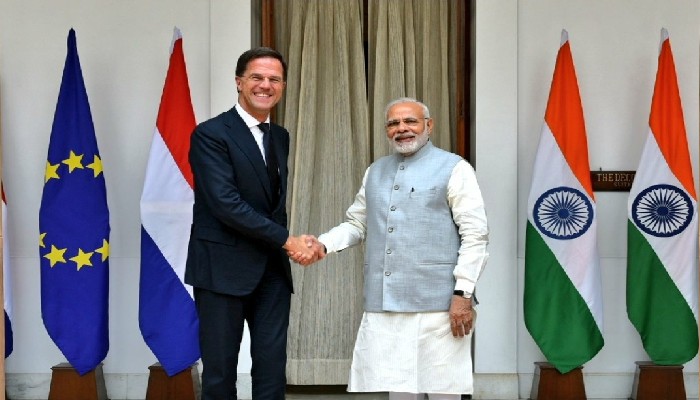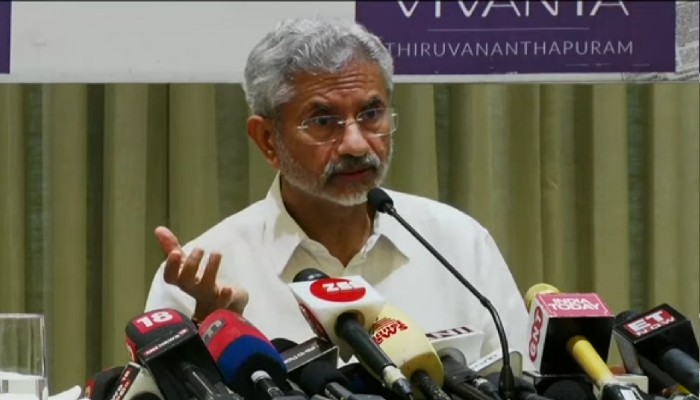These are the first steps in a long-term strategic partnership
The inaugural I2U2 leaders meeting held on Thursday focused on the food security crisis and clean energy.
According to a joint statement, the leaders discussed innovative ways to ensure longer-term, more diversified food production and food delivery systems that can better manage global food shocks.
The inaugural I2U2 Summit was attended by Indian Prime Minister Narendra Modi, US President Joe Biden, Israeli PM Yair Lapid, and UAE President Mohammed bin Zayed Al Nahyan. The I2U2 (India, Israel, US UAE) grouping was conceptualised during the meeting of the Foreign Ministers of the four countries held on October 18 last year.
According to the joint statemt, during the summit, the I2U2 leaders highlighted the following initiatives:
Food Security: The UAE – home to the International Renewable Energy Agency (IRENA) and host of COP28 in 2023 – will invest $2 billion USD to develop a series of integrated food parks across India that will incorporate state-of-the-art climate-smart technologies to reduce food waste and spoilage, conserve fresh water, and employ renewable energy sources.
India will provide appropriate land for the project and will facilitate farmers’ integration into the food parks. U.S. and Israeli private sectors will be invited to lend their expertise and offer innovative solutions that contribute to the overall sustainability of the project. These investments will help maximize crop yields and, in turn, help tackle food insecurity in South Asia and the Middle East.
Clean Energy: The I2U2 Group will advance a hybrid renewable energy project in India’s Gujarat State consisting of 300 megawatts (MW) of wind and solar capacity complemented by a battery energy storage system.
The U.S. Trade and Development Agency funded a feasibility study for the $330 million USD project. UAE-based companies are exploring opportunities to serve as critical knowledge and investment partners. Israel and the United States intend to work with the UAE and India to highlight private sector opportunities.
Indian companies are keen to participate in this project and contribute to India’s goal of achieving 500 GW of non-fossil fuel capacity by 2030. Such projects have the potential to make India a global hub for alternate supply chains in the renewable energy sector.
The leaders expressed their determination to leverage well-established markets to build more innovative, inclusive, and science-based solutions to enhance food security and sustainable food systems. The leaders also welcomed India’s interest in joining the United States, the UAE, and Israel in the Agriculture Innovation Mission for Climate initiative (AIM for Climate).
They affirmed that these are only the first steps in a long-term strategic partnership to promote initiatives and investments that improve the movement of people and goods across hemispheres, and increase sustainability and resilience through collaborative science and technology partnerships.
 Contact Us
Contact Us  Subscribe Us
Subscribe Us









 Contact Us
Contact Us
 Subscribe
Subscribe
 News Letter
News Letter

